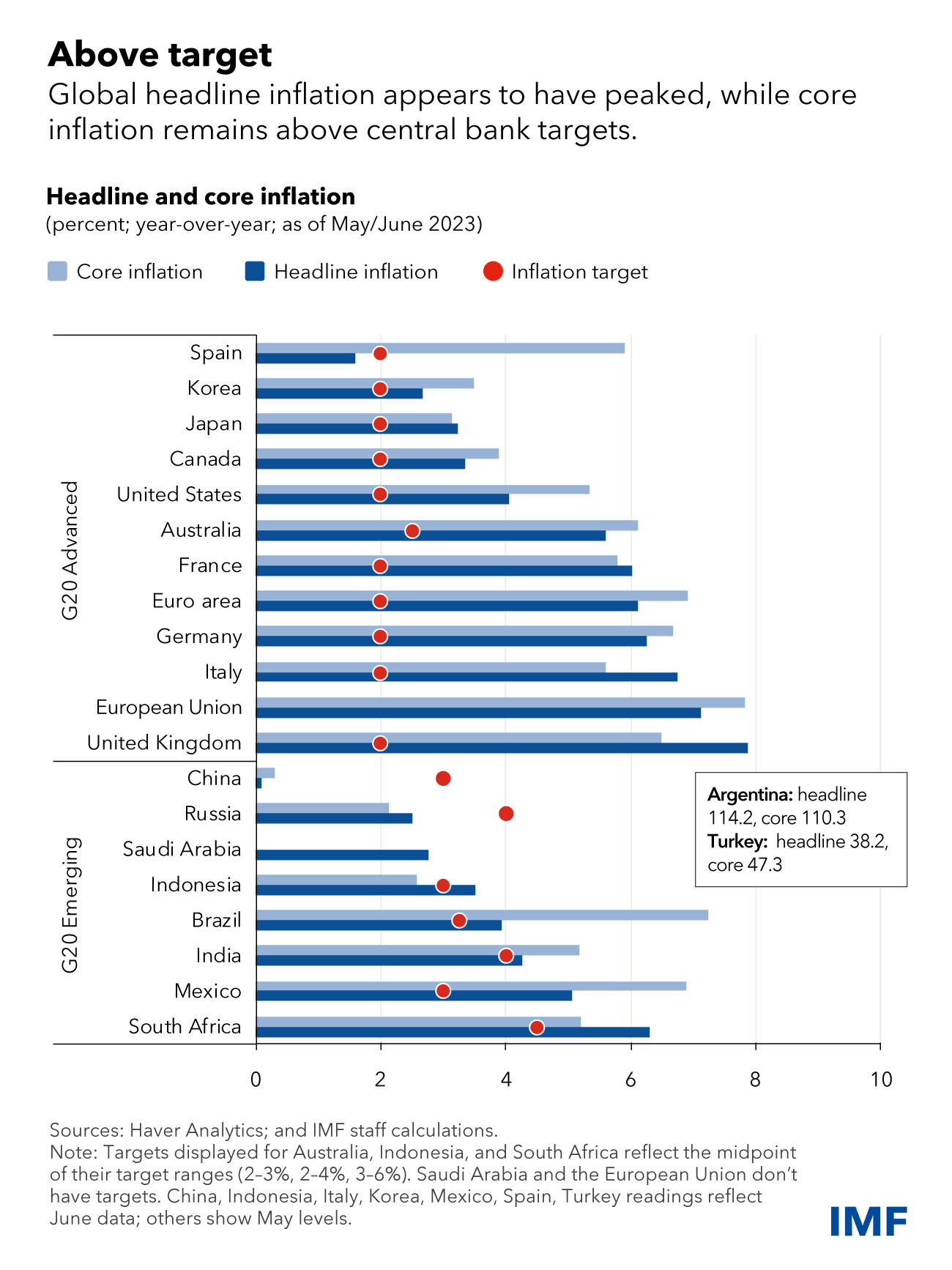Inflation’s Ripple: Understanding Economic Impact
Inflation, the rise in the general price level of goods and services, has significant repercussions on economies worldwide. This article aims to dissect the multifaceted impact of economic inflation, exploring how it permeates various sectors and influences individual and institutional behaviors.
Consumer Purchasing Power Erosion
One of the most palpable impacts of inflation is the erosion of consumer purchasing power. As prices increase, the same amount of money buys fewer goods and services. This directly affects individuals’ ability to maintain their standard of living, forcing them to allocate more of their budget to necessities and leaving less room for discretionary spending.
Cost-Push and Demand-Pull Dynamics
Inflation is often categorized into cost-push and demand-pull dynamics. Cost-push inflation occurs when production costs rise, leading producers to pass on the expenses to consumers. On the other hand, demand-pull inflation arises when aggregate demand outpaces aggregate supply, causing an upward pressure on prices. Understanding these dynamics is crucial for policymakers in implementing effective strategies.
Interest Rates and Central Bank Response
In response to inflation, central banks often adjust interest rates. An increase in interest rates aims to curb inflation by making borrowing more expensive, thus reducing spending. Conversely, lowering interest rates stimulates economic activity by making borrowing more affordable. Central bank actions have a profound impact on businesses, investments, and the overall economic landscape.
Impact on Investments and Asset Values
Inflation has a substantial impact on investments and asset values. While some assets, like real estate and commodities, may act as hedges against inflation, others, particularly fixed-income investments, may see diminished returns in real terms. Investors need to consider inflation when devising strategies to protect and grow their portfolios.
Wage-Price Spiral and Labor Market Dynamics
Inflation can trigger a wage-price spiral, where rising prices lead workers to demand higher wages. If businesses comply, production costs increase, and the cycle repeats. This dynamic not only contributes to inflationary pressures but also underscores the intricate relationship between inflation and labor market dynamics.
Business Planning and Uncertainty
For businesses, managing in an inflationary environment introduces planning challenges. Fluctuating prices impact production costs, pricing strategies, and profit margins. Businesses must navigate uncertainties in the market, adapting strategies to remain competitive while addressing the impact of inflation on their bottom line.
International Trade and Currency Values
Inflation plays a pivotal role in international trade and currency values. A country experiencing higher inflation than its trading partners may see a depreciation of its currency. This can affect trade balances, import costs, and competitiveness on the global stage. Central banks and policymakers engage in currency management to navigate these complexities.
Social and Political Ramifications
Beyond economic spheres, inflation carries social and political ramifications. The uneven distribution of the impact can exacerbate income inequality, potentially leading to social unrest. Politically, governments must strike a delicate balance, implementing policies to control inflation without stifling economic growth or exacerbating social disparities.
Long-Term Effects and Structural Adjustments
Inflation can induce structural adjustments in economies over the long term. Governments and businesses may reassess fiscal policies, investment strategies, and regulatory frameworks to adapt to changing economic conditions. Flexibility and resilience become critical for entities navigating the evolving landscape shaped by inflation.
Conclusion: Navigating Inflation’s Complex Landscape
In conclusion, the impact of economic inflation is intricate, affecting consumers, businesses, investments, and international dynamics. Navigating this complex landscape requires a nuanced understanding of the interplay between various economic factors. Explore more insights on Economic Inflation Impact to stay informed about the evolving economic landscape and strategies for mitigating the effects of inflation.





